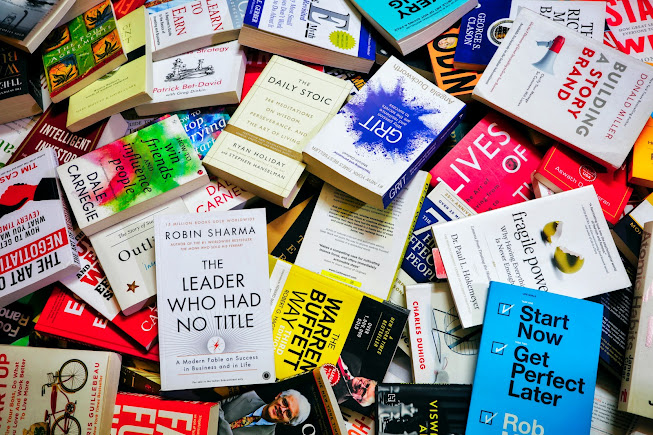Notes on Habit Formation
Moulding Habits and the Loop
In 'The Power of Habit', Charles Duhigg lays down the principle of moulding habits in three simple components - Cue, Routine and Reward. Together these three stops form what he calls the Habit Loop.
- Cue - the reminder that prompts us to start the habit.
- Routine - the habit in its active stage, taking place.
- Reward - essentially, the satisfaction we receive once we've completed the habit loop. It is the thought in the brain that tells us if the habit is worth remembering or not.
The first step to mould habits is to identify the cue, routine and reward by writing them down. If it's a good habit that needs to be adopted in the routine, we can try experimenting with the reward. The rewards are powerful as they make us crave them more by sticking to the routine. On the other hand, if it's a bad habit - the practical way is to isolate the cue. If there is no cue, the loop doesn't start.
Still, I feel that a tremendous amount of self-discipline is required to mould habits. There's no way to 'hack' the loop, it's all about knowing what's good for you and having a plan accordingly.
Mindless Repetition and Deliberate Practice
While mindlessly practising something, I'm doing it again and again without proper concentration. It's similar to being a factory worker who is carrying out the same action repeatedly and can do it blindfolded after some mindless sessions practice. This type of practice is seen in passive actions like tying shoelaces and folding clothes.
There's a big problem with mindless repetition, it's a waste of time and makes you dull. Thinking about the number of pages your read or the number of hours you spend on doing something makes you outcome-oriented. The short-term payoffs of careless repetition are far less valuable than those of doing it with full attention and mindfulness.
Here's where deliberate practice kicks in. It's the act of practising something repeatedly while being completely present in the situation. Sticking to something with engrossment is hard but that's what makes it worth it.
Deliberate practice is often useful for people training in music. Musicians often find themselves practising the same chords again and again mindlessly and end up being frustrated when they can't play them properly. Here's an insightful extract from a research two professors, Andreas C. Lehmann and K. Anders Ericsson conducted to describe the implications of deliberate practice for music students:
"Deliberate practice in music typically refer to individuals' solitary efforts to improve a particular aspect of their performance. However, the concept of deliberate practice includes any training activity for which goals have been defined and feedback is available. Each learning activity in turn promotes the acquisition of an associated skill; all these skills together lead to a structure which supports a particular performance.
To become creative improvisers, jazz musicians imitate models, listen to recordings, and try to understand the style of a given performer. Chess experts spend large amounts of time studying published chess games by masters, predicting the next move and then comparing their predicted move to what the master actually did. Discrepancies between a chosen chess move and the master's move then are analyzed. Assuming that the master's move was indeed the best choice, this activity combines goal setting and instant feedback."

